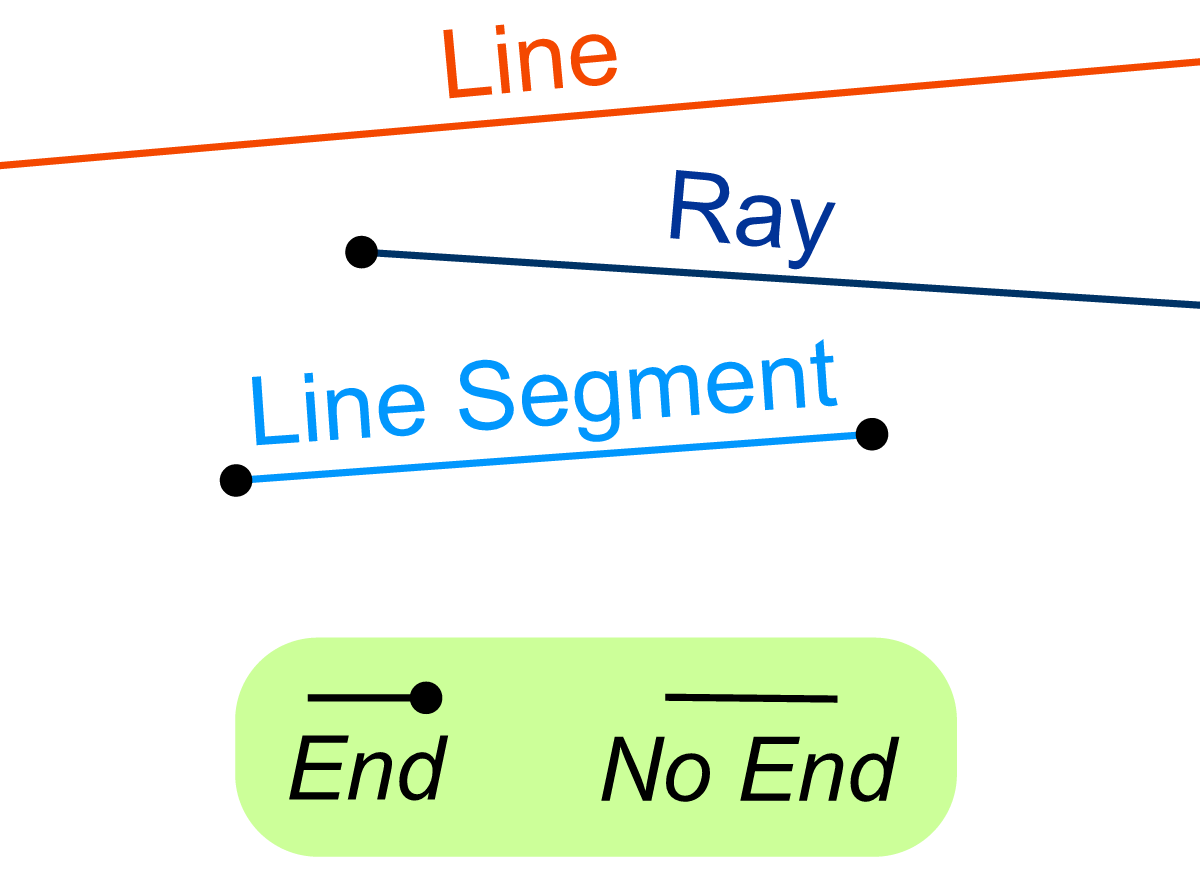To conclude this thread, I am summarising the derivation to see if anyone else has feedback with minor adjustments.
In hyper real number system or surreal number system, let ε be the smallest positive infinitesimal number, very close to 0, but not equal to 0. Let ω be positive infinity (i.e. unbounded value) in hyper-real number system. Then we can define ω as
ω = Lim (x => ε) (1/x) where ε ≠ 0 and ε is non-zero hyper-real smallest infinitesimal number.
As ω is infinity in hyper-real number set *R , ω ≈ ∞. How is this correct ?
*R hyper-real number set is super-set for R (real number set).
ω is unbounded number (infinity) in *R
∞ is unbounded number (infinity) in R
As both are unbounded in their respective number sets and R (real number set) is subset of *R (hyper-real number set), therefore ω ≈ ∞.
0 * ∞ ≈ 0 * ω = 0 * Lim (x => ε) (1/x) where ε ≠ 0
=> 0 * 1/ ε
=> 0/ ε => 0
0 / ε ≠ 0/0 because ε≠0.
0/0 is undefined. 0/ε cannot be undefined because ε is non-zero smallest hyper-real infinitesimal number.
0 is also a member of hyper-real number set and and also infinitesimal number. 0 / ε is an arithmetic
operation in hyper-real number set, which follows similar rules of real number set.
Hence 0/ε = 0 / non-zero hyper-real number = 0 / any number = 0.
So we can conclude that 0 * ω = 0, hence 0 * ∞ ≈ 0.
Since ω is unbounded and infinity in hyper-real number set *R (i.e. super-set of R – real number set), ω cannot be less than ∞. Because if ω < ∞ and ω is the unbounded infinity in hyper-real number set *R, there would be no further values beyond ω in hyper-real number set *R. But ∞ would exist as higher than ω and ∞ is unbounded value of Real number set R , which is subset of hyper-real number set *R. Since this possibility of ω < ∞ is contradicting the fundamental definition of hyper-real number set, this possibility cannot be true. There fore ∞ <= ω.
But ∞ is unbounded and cannot be less than any other real number that could exist. Using these two inferences, we can conclude that ∞ = ω or ∞ = ω - ε, because ε would be infinitesimal positive variation from ∞ (infinity in R) to ω (infinity in *R), where ε > 0 and ε is the smallest infinitesimal hyper-real number.
With substitution, we consider a case of ∞ = ω, then 0 * ∞ = 0 * ω = 0
if we consider the case of ∞ = ω - ε.
0 * ∞ = 0 * (ω - ε) = 0 * ω – 0 * ε
We know that 0 * ε = 0, as ε≠0.
We already proved that 0 * ω = 0 / ε = 0
So 0 * ∞ = 0 * ω – 0 * ε = 0 / ε - 0 * ε = 0 – 0 = 0
Hence we can infer the following statements.
1. ( ꝏ Є R ) <= (ω Є *R)
2. And ∞ <= ω, then 0 * ∞ = 0 as proved above.
So we can conclude that 0 * ∞ = 0
Any further feedback ?

